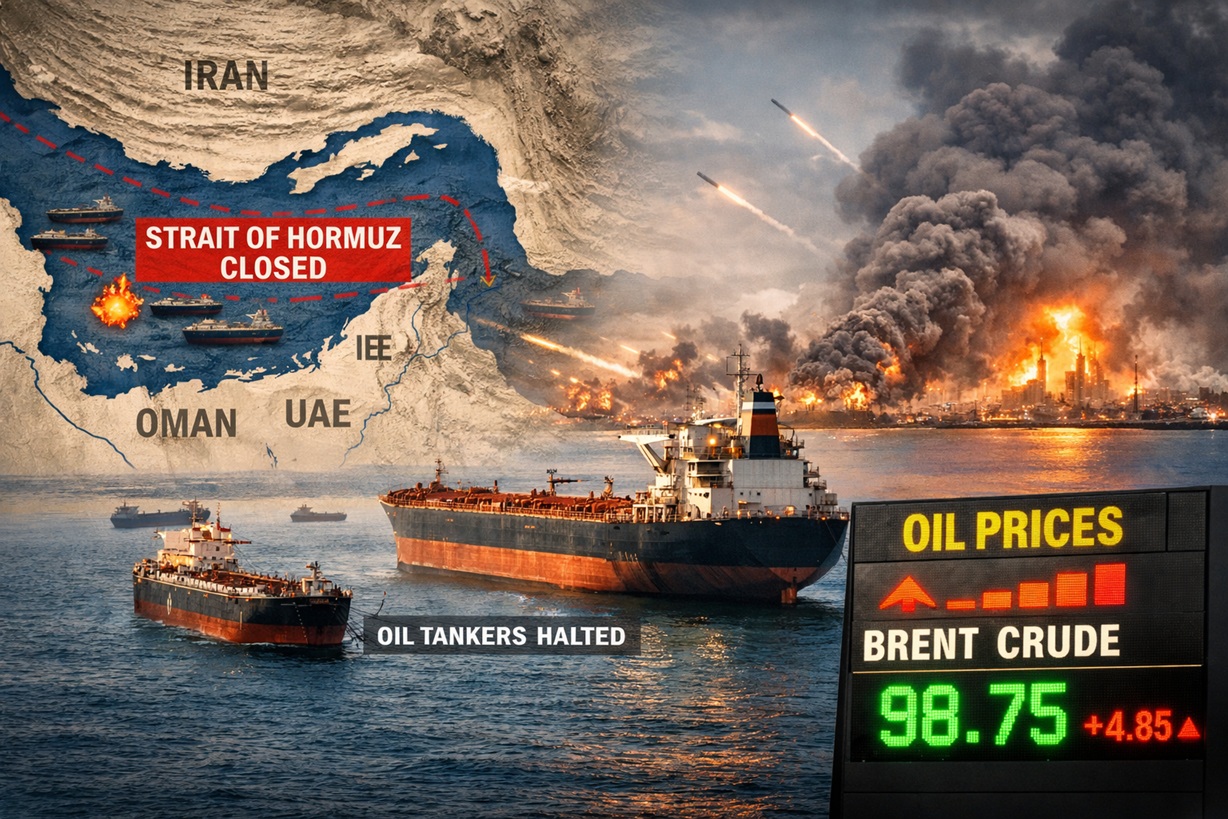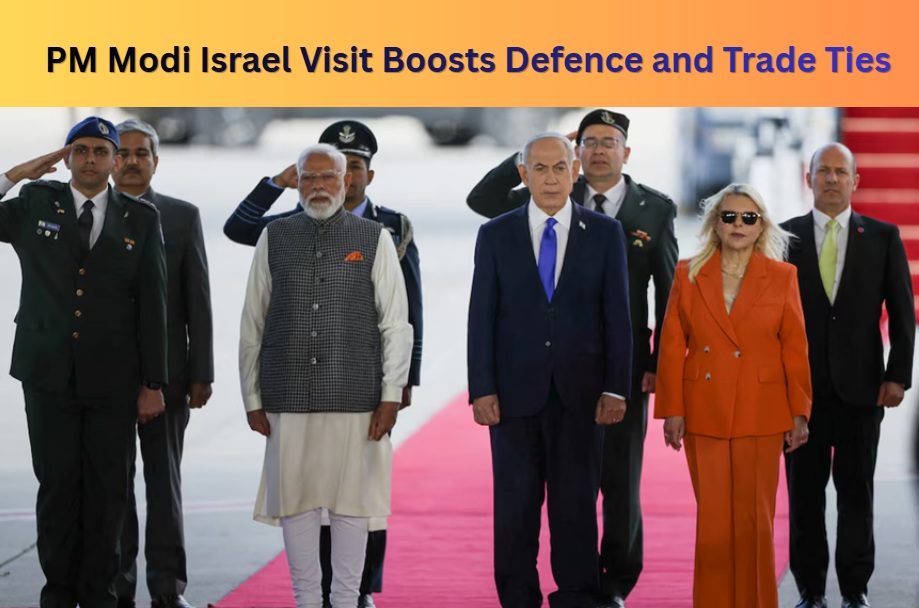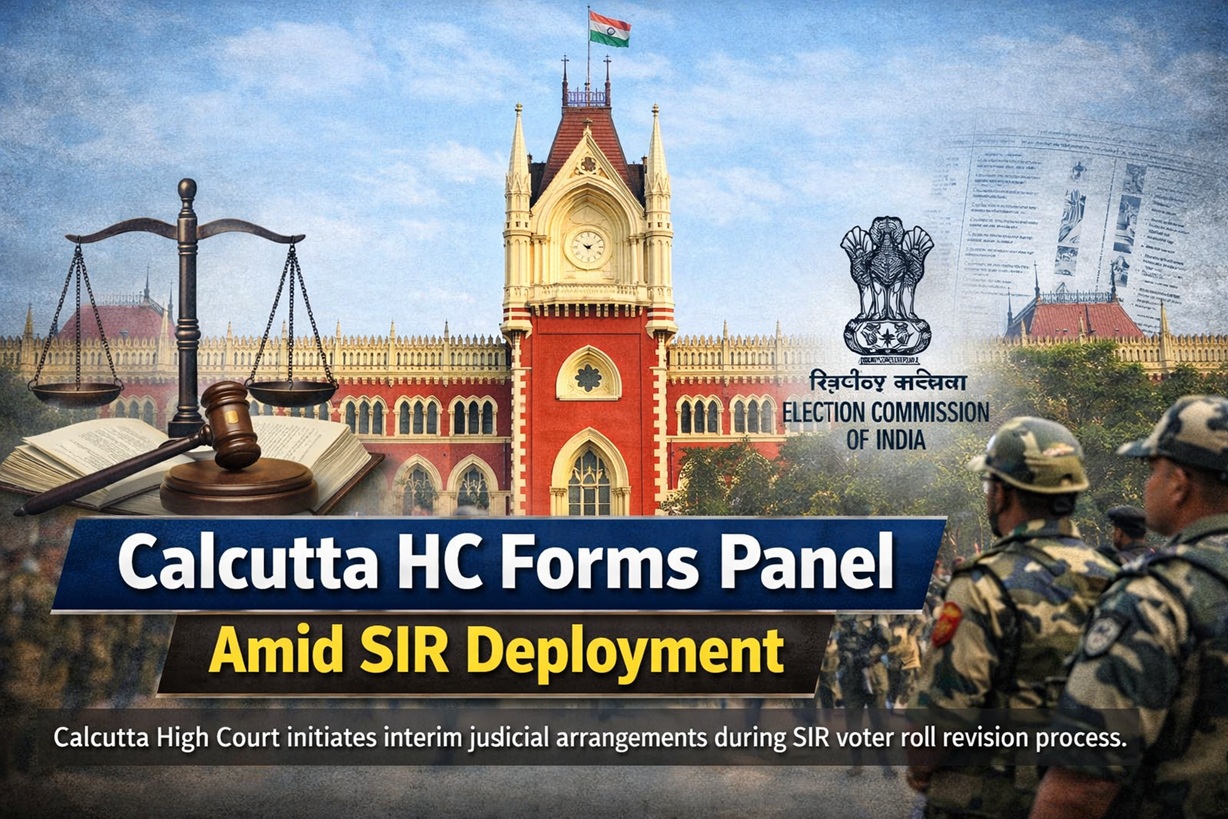In recent months, Bangladesh has been plunged into a deep political crisis following a military coup that overthrew the government led by Sheikh Hasina, the long-serving Prime Minister. With the rise of an interim government under Nobel laureate Mohammad Yunus, Bangladesh’s political landscape has dramatically shifted, leading to widespread instability and international concern. Sheikh Hasina, who has taken refuge in India, now faces multiple charges in her home country, including serious accusations of murder. This article explores the current political situation in Bangladesh, the role of international powers, and the uncertain future that lies ahead.
The Coup and the Fall of Sheikh Hasina
Sheikh Hasina, a dominant figure in Bangladeshi politics for over a decade, was ousted from power following a military coup. The coup has been attributed to growing discontent within the military, rising tensions with Islamist factions, and external pressures from international actors. Since the coup, Hasina has been living in exile in India, where she sought refuge on August 5, 2024, fearing for her life amidst escalating violence in Bangladesh.
In the aftermath of the coup, the new interim government led by Mohammad Yunus has moved quickly to consolidate power. One of its first actions was to revoke the diplomatic passports of Sheikh Hasina and her ministers, signaling the new regime’s intent to distance itself from the previous administration. The government has also registered multiple cases against Hasina, including charges of murder, further complicating her situation.
The Role of the Bangladesh Nationalist Party (BNP)
Amidst this turmoil, the Bangladesh Nationalist Party (BNP), the main opposition party, has emerged as a key player. On Tuesday, the BNP publicly called on India to extradite Sheikh Hasina so she can face trial in Bangladesh for the crimes allegedly committed during her time in office. The BNP’s statement emphasized the need for Hasina to be handed over “in a legal way,” reflecting the party’s determination to hold her accountable for her actions during her tenure.
The BNP’s demands have placed India in a difficult position, as the Modi government must weigh its diplomatic ties with Bangladesh against the potential fallout of extraditing a former prime minister who remains a significant political figure. The BNP’s call for Hasina’s extradition is seen by many as an attempt to eliminate a formidable rival and solidify its own position in the new political order.
The Interim Government’s Decisions and Potential Unrest
In a further effort to break with the past, the interim government of Bangladesh has decided to revoke all diplomatic passports issued to Members of Parliament who served during the Awami League government. This move is part of a broader strategy to weaken the political influence of the Awami League and prevent its members from seeking international support.
The Awami League, Sheikh Hasina’s political party, has not remained passive in the face of these developments. Despite the leadership’s exile, the party has begun to mobilize its supporters in Bangladesh, threatening to take to the streets in large numbers. The possibility of mass protests and unrest looms large, as the Awami League seeks to challenge the legitimacy of the interim government and defend its leader.
This potential for unrest adds to the already volatile situation in Bangladesh. The country has a history of political violence, and large-scale protests could easily spiral out of control, leading to widespread chaos. The interim government, already struggling to assert its authority, may find itself unable to manage such a crisis, particularly if it faces resistance from both the military and Islamist factions within the country.
The Geopolitical Dimension: U.S., China, and Russia
The political crisis in Bangladesh has also attracted the attention of international powers, particularly the United States and China, each of which has significant interests in the region. The U.S. has a long history of involvement in Bangladesh, often justified by concerns over democracy and human rights. However, this involvement has frequently been criticized as self-serving and destabilizing, as seen in other regions where U.S. intervention has led to prolonged conflicts and political instability.
Recent comments from a CIA spokesperson suggest that the U.S. is closely monitoring the situation in Bangladesh, with potential plans to influence the outcome. This has fueled speculation that the U.S. may be supporting the interim government as part of a broader strategy to counter Chinese influence in the region. However, such involvement risks further destabilizing Bangladesh, as it may provoke reactions from other global powers.
China, which has been steadily increasing its influence in South Asia through economic and military ties, is also a key player in this crisis. Beijing has strong defense relations with Bangladesh, and any shift in the country’s political alignment could have significant implications for regional stability. China’s support for the interim government, or any efforts to exploit the situation to its advantage, could escalate tensions and lead to a broader geopolitical conflict.
Speculation also surrounds the possibility of Sheikh Hasina seeking refuge in Russia if pressure on India to extradite her becomes unbearable. Moscow, which has often positioned itself as a counterbalance to U.S. influence, could offer Hasina a safe haven, further complicating the international dynamics at play. Such a move would signal a deepening of global rivalries over Bangladesh’s future.
The Legal and Diplomatic Implications
India finds itself at the center of this crisis, with significant diplomatic and legal considerations to address. The extradition treaty between India and Bangladesh includes provisions that allow India to deny extradition requests if they are deemed politically motivated or not in good faith. Given the nature of the charges against Sheikh Hasina, India could invoke these provisions to justify refusing the BNP’s demands.
Furthermore, the treaty explicitly excludes cases that are political in nature, which many argue applies to Hasina’s situation. Extraditing her could set a dangerous precedent, potentially destabilizing the region and damaging India’s relations with other South Asian countries. Prime Minister Narendra Modi, known for his strategic diplomatic moves, may seek to navigate this crisis by balancing India’s national interests with the need to maintain regional stability.
The Future of Bangladesh: Uncertainty and Potential Outcomes
As Bangladesh navigates this turbulent period, the future remains highly uncertain. The interim government under Mohammad Yunus faces immense challenges, from managing the political transition to addressing the economic crisis and maintaining social order. The next few months will be critical in determining whether the country can stabilize or whether it will descend further into chaos.
If the interim government fails to assert control and address the underlying issues, Bangladesh could experience widespread violence and potentially a full-blown civil conflict. The Islamist factions, which have been gaining influence, may push for the imposition of Sharia law, further polarizing the country and undermining any prospects for democratic governance.
Internationally, the crisis in Bangladesh could have far-reaching implications for South Asia’s stability. A prolonged conflict could draw in neighboring countries, including India, Pakistan, and China, each with its own interests and concerns. The involvement of global powers like the U.S. and Russia could escalate the situation, leading to a broader geopolitical confrontation.
Conclusion
The political crisis in Bangladesh is a complex and multi-dimensional issue with significant implications for the country’s future and regional stability. The fate of Sheikh Hasina, the role of the BNP, and the involvement of international powers all contribute to a highly volatile situation. As the interim government struggles to maintain control, the potential for unrest, violence, and further instability looms large. The coming months will be crucial in determining whether Bangladesh can navigate this crisis or whether it will become another casualty of geopolitical rivalries and internal strife.





